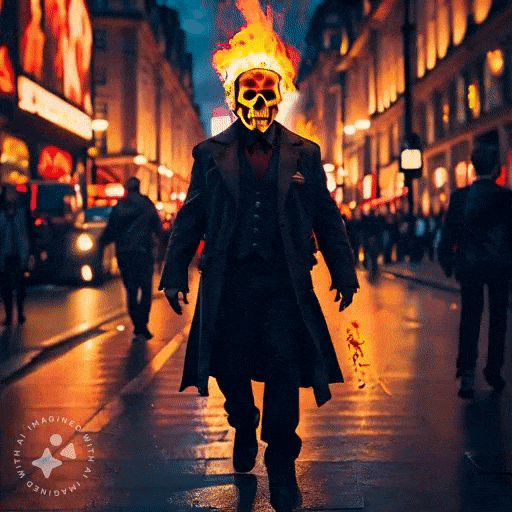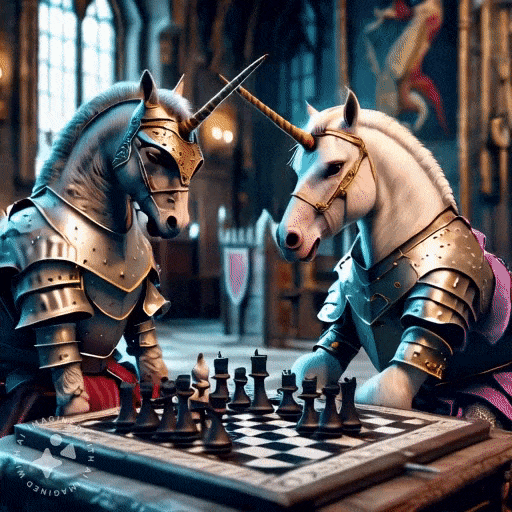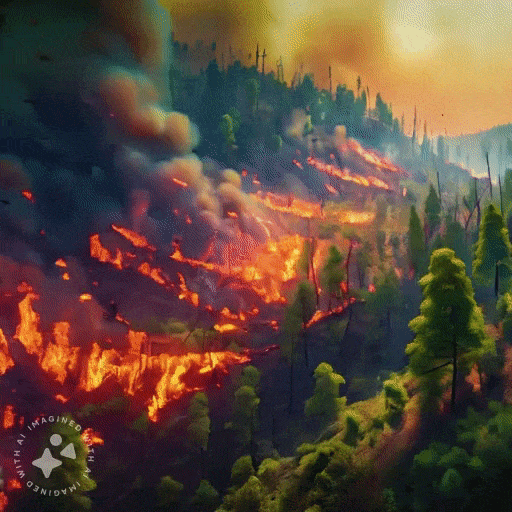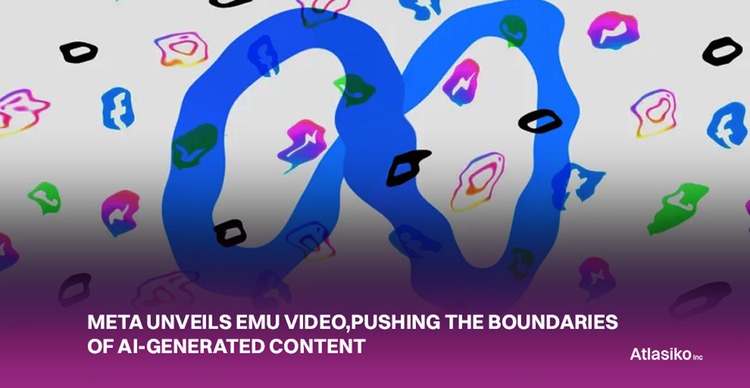In a groundbreaking move, Meta has introduced Emu Video, an evolution of its image generation tool, Emu, marking a significant leap toward the realization of fully AI-generated movies and TV shows. While the tech giant has previously dabbled in video generation, Emu Video stands out for its impressive 512×512, 16-frames-per-second clips that exhibit unparalleled fidelity. This innovation has the potential to reshape the landscape of creative content production.
Emu Video's capabilities extend beyond mere image creation, allowing users to generate four-second animated clips by providing a caption, image, or photo paired with a description. The complementary AI model, Emu Edit, unveiled alongside Emu Video, empowers users to edit these clips with natural language commands, such as requesting slow-motion effects.


While video generation technology is not entirely novel, Emu Video distinguishes itself by excelling in animating simple, mostly static scenes like waterfalls and city skylines, especially in unconventional styles such as cubism, anime, "paper cut craft," and steampunk. Despite its remarkable achievements, AI-generated quirks, such as peculiar physics and unusual appendages, occasionally manifest in the clips. Besides, Emu Video seems to have a certain limitation in understanding action verbs. Objects in the clips often look static, lacking dynamic movement associated with the provided captions. Obviously, the model requires further refinement of the underlying architecture.


According to Meta CEO Mark Zuckerberg, Emu Video will integrate with Facebook and Instagram. Of course, some concerns about whether the new revolutionary Meta AI generated movies tool will replace human artists are not far off. Although many manufacturers, including Meta, claim that it will complement rather than replace industry experts, this scenario is rather doubtful given the experience we have all had over the past year - the incredibly rapid growth and implementation of generative AI in various industries is sometimes simply frightening.
Earlier in the current year, Netflix employed AI-generated backdrop visuals for a brief three-minute animated production. The company asserted that this technology could alleviate the purported scarcity of labor in the anime industry. However, they conveniently sidestepped the discussion about the industry's persistently low wages and demanding working conditions, factors driving artists away from such projects.
In a parallel controversy, the studio responsible for crafting the credit sequence for Marvel's "Secret Invasion" openly acknowledged employing AI, particularly relying on the text-to-image tool Midjourney to create a significant portion of the sequence's artwork. Series director Ali Selim argued that the utilization of AI aligns with the paranoid themes of the show. Nevertheless, a substantial portion of the artistic community and fan base vehemently opposed this perspective.


Scandals have also affected the acting industry. In particular, the recent SAG-AFTRA strike highlighted concerns about using AI to create digital likenesses of actors. While studios agreed to compensate actors for their AI-generated likenesses, the evolving nature of AI technology raises questions about the future role of human actors in the industry.
A significant ethical difficulty arises from the fact that AI models like Emu Video are often trained on images and videos without notifying or compensating the original creators. Meta's whitepaper accompanying the release of Emu Video discloses that the model was trained on a dataset of 34 million "video-text pairs," leaving questions about the source, copyright status, and licensing of the training data.
While there have been attempts to establish industry-wide standards for artists to opt out of AI training or receive compensation for their contributions to AI-generated works, Emu Video's introduction highlights the potential misalignment between technological advancements and ethical considerations. As AI continues to progress, the need for a robust ethical framework becomes increasingly urgent to ensure a harmonious coexistence between technology and creative industries.







